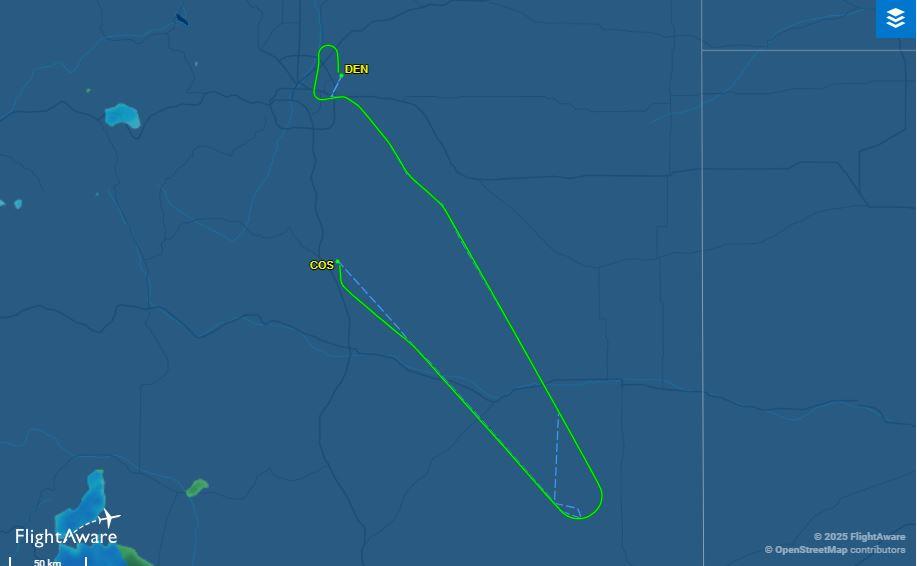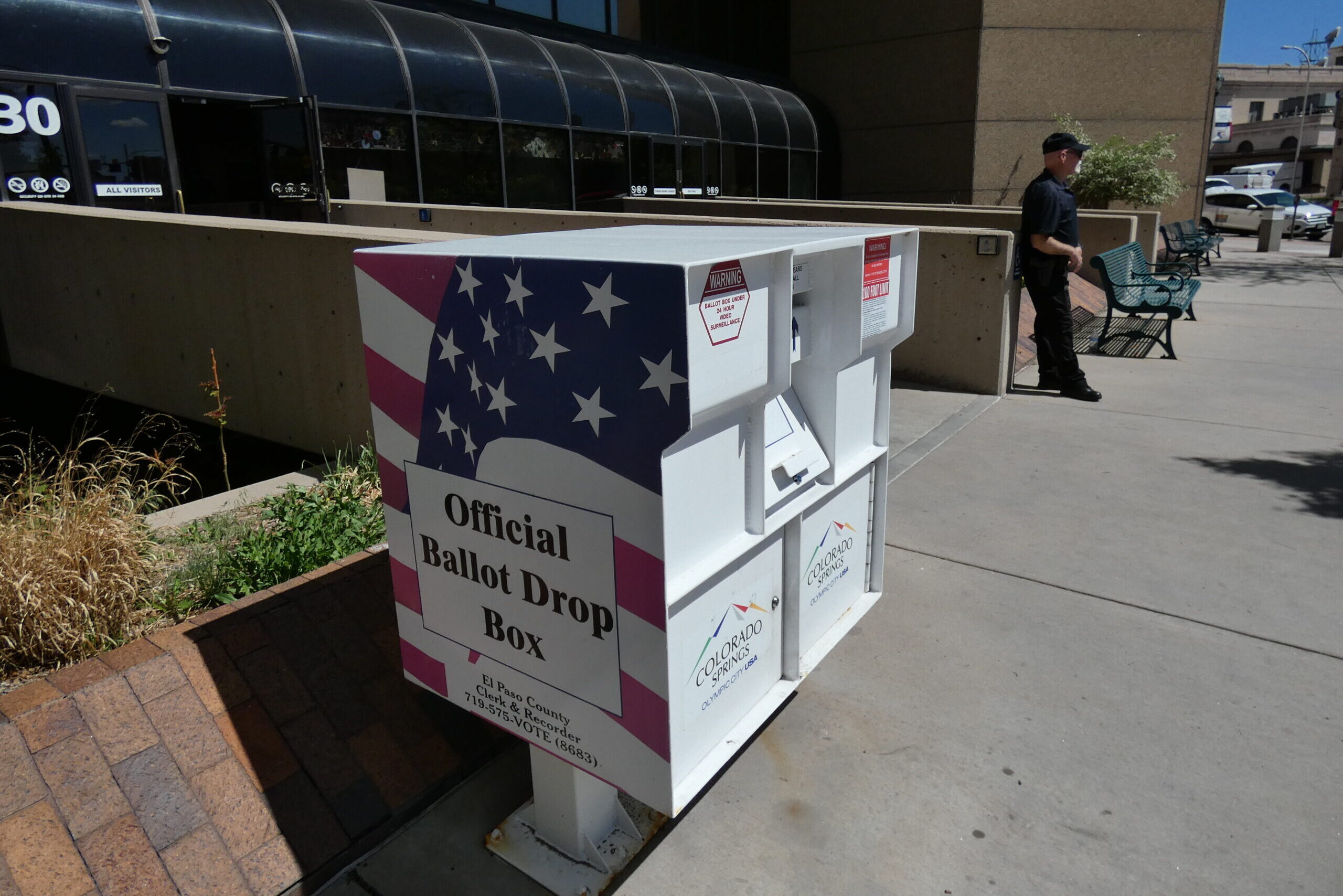Originally published on December 18, 2018 1:32 pm
Western states are likely to be affected most by the Trump administration's proposal to roll back parts of the Clean Water Act. The Environmental Protection Agency would no longer give special protections to thousands of miles of seasonal streams and millions of acres of wetlands that often go dry by late summer in the arid West. That would leave states to decide whether to protect such waters themselves.
University of Wyoming Ecosystem Science Professor Ginger Paige said that would be just fine with Wyoming water managers.
"Wyoming likes, as most Western states do, to have control of what goes on within their state and within their water resources," said Paige.
She said pollutants like salts and methane gases from energy development sites do sometimes contaminate such ephemeral waterways. She said right now water conservation districts are working well with state agencies, but it's unclear whether the state has the manpower to monitor all of those without federal oversight.
Western Resource Advocates attorney Ariel Calmes said such monitoring is incredibly important.
"Because many of those intermittent streams are located on federal lands," she said. "They're high up in the mountains and those are drinking water."
Calmes said some Western states like Utah already have strong rules on their books, but other states like Wyoming might cut corners. She said it has a smaller population and no state income tax and may not have the funding to monitor all those small and elusive bodies of water.
This story was produced by the Mountain West News Bureau, a collaboration between Wyoming Public Media, Boise State Public Radio in Idaho, KUER in Salt Lake City and KRCC and KUNC in Colorado.
Copyright 2018 Wyoming Public Radio. To see more, visit Wyoming Public Radio.






